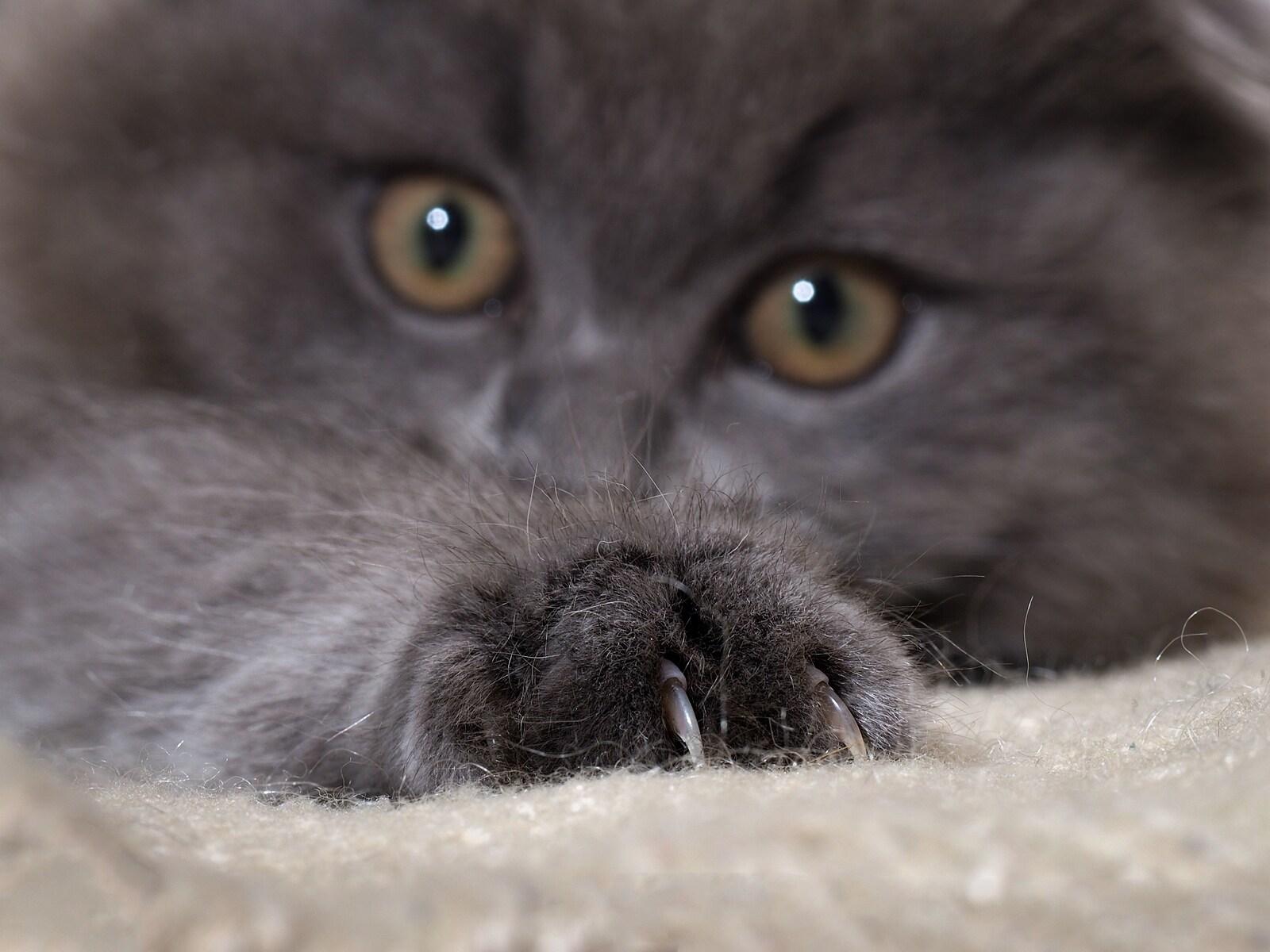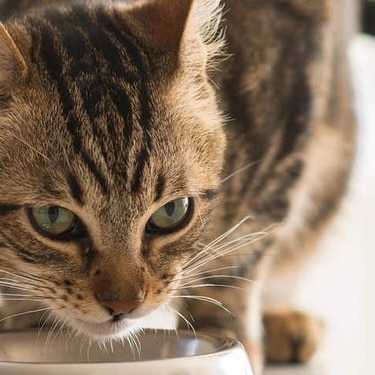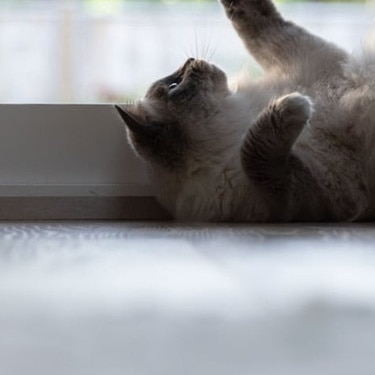
-
Find the right food for your petTake this quiz to see which food may be the best for your furry friend.Find the right food for your petTake this quiz to see which food may be the best for your furry friend.Featured productswith Chicken, with Beef
Hill's Science Plan Mature Adult Multipack Wet Dog Food with Chicken & Beef are complete premium pet foods for mature adult dogs from 7 years. Your dog will love these deliciously smooth and savoury minced loaves, formulated to deliver the appropriate amount of energy to support the needs of adult dogs.
Shop NowAdult Dog FoodHill's Science Plan Adult Multipack Wet Dog Food with Chicken, Beef & Turkey are complete premium pet foods for adult dogs from 1 year. Your dog will love these deliciously smooth and savoury minced loaves, formulated for balanced nutrition and overall health.
Shop Nowwith Chicken, with BeefHill's Science Plan Puppy Multipack Wet Dog Food with Chicken & Beef are complete premium pet foods for growing puppies from weaning until 1 year old and for pregnant and nursing dogs. Your puppy will love these deliciously smooth and savoury minced loaves, formulated for balanced nutrition and overall health.
Shop NowFeatured products Mature Adult Wet Cat Food with Chicken
Mature Adult Wet Cat Food with Chicken
Tender chicken chunks in gravy for mature adult cats. Made with easy-to-digest ingredients, high-quality protein for lean muscle maintenance and antioxidant vitamins C+E for optimal health.
Shop Now with Ocean Fish, Chicken
with Ocean Fish, ChickenTender chicken chunks in gravy for cats, with L-carnitine and fewer calories for ideal weight management. Packed with high-quality protein, omega-6s, and vitamin E for shiny fur and healthy skin.
Shop Now Adult Wet Cat Food with Chicken
Adult Wet Cat Food with ChickenTender chunks in gravy for cats, with high-quality protein to maintain lean muscle. With vitamin E and omega-3s & -6s for healthy skin and balanced minerals to support healthy vital organs.
Shop Now -
Dog
- Dog Tips & Articles
-
Health Category
- Weight
- Food & Environmental Sensitivities
- Urinary
- Digestive
- Joint
- Kidney
-
Life Stage
- Puppy Nutrition
- Adult Nutrition
- Senior Nutrition
Cat- Cat Tips & Articles
-
Health Category
- Weight
- Skin & Food Sensitivities
- Urinary
- Digestive
- Kidney
-
Life Stage
- Kitten Nutrition
- Adult Nutrition
Featured articles The Right Diet For Your Pet
The Right Diet For Your PetIn people, the right diet is very important. If you are eating the wrong way for your metabolism, activity level, age and lifestyle you could end up with health issues.
Read More Show some love with wet foods: a great choice for pets with health issues
Show some love with wet foods: a great choice for pets with health issuesShow some love with wet foods: a great choice for pets with health issues.
Read More The Incredible Science Behind Your Pet's Microbiome
The Incredible Science Behind Your Pet's MicrobiomeLearn what your pet's microbiome is, how it contributes to your pet's gut and overall health, and why nutrition is important in maintaining healthy microbiomes.
Read More -


As a pet owner, you know it's important to keep up with regular cat maintenance like combing their coat and brushing their teeth, but is trimming cat claws on your list? It should be!
In addition to keeping your furniture intact, there are other reasons that trimming your kitty's claws is important, such as reducing the hurt factor when they kneads you. "Taking off the very end of those claws will make this loving gesture something you can enjoy, rather than dread," explains Vetstreet. "For your cat, clipping their nails can prevent painful broken claws that can result when a sharp tip gets caught in the carpet." A good claw trim also cuts down on the "click, click, click" you hear when your kitty runs down the hall.
Ideally, start trimming claws when your feline friend is still a kitten. The biggest advantage for starting young, of course, is that your cat becomes used to it and doesn't go nuts when you take out the clippers.
Don't worry if your cat is older—you haven't missed the window of opportunity for giving your kitty a mani-pedi. They might be cranky about it, but it's worth a try.

What Tools You Need
You can purchase cat nail clippers at your local pet retail store or veterinarian's office. Another option is to use human baby clippers, particularly the ones with a bulbous handle for easy grasping.
First, familiarise your cat with their nail clippers. Petcha suggests placing the clippers near them so they can sniff them out. Reward them if they react calmly towards them. Then, "When they are familiarised with the clippers, touch their paws and toes with them, getting them used to having them around their paws." If they are comfortable around them, your cat will be less inclined to run and hide in small, dark spaces when you take out the clippers.


Tasty Tips
How to Trim Cat Claws & Proper Length
- Choose a small, safe spot that has a door and good lighting, like a bathroom or bedroom.
- Have your supplies ready ahead of time: clippers and treats for afterward to reward them for being such a good cat.
- Sit on the floor and hold them securely in your lap, belly-side up. Comfort them with some tummy rubs and soothing words. If your cat responds well to treats, you can give them one to help them relax.
- Using your thumb and forefinger, gently squeeze their paw so that the nails are extended.
- Clip the sharp tip of the claw in one quick motion.
When deciding how far to cut your cat's claws, do not cut too close to the "quick," which is the pink part of the claw that houses the blood vessels and nerve endings. Cutting the quick is what causes bleeding and pain. If you do cut the quick, the Princeton Veterinary Hospital advises to rub a small dab of cornstarch or flour on the claw and apply pressure to help clot and stop the bleeding. At this point, it's best to abandon the effort for the day and let your cat recover emotionally.
Tips for Trimming & What to Avoid
Don't wrap your kitty in a towel because they may become more agitated.
Don't aim to trim all four paws in one session. Try one paw a day until they are accustomed to the process. It's okay to clip only one claw at a time. VCA Hospitals points out, "The goal is for your pet to associate the handling of the feet and nail trimming with a pleasant outcome." Rewarding their good behaviour instils in them a sense of pride and in you a sense of accomplishment.
When to Cut Your Losses
If the process is too upsetting, it's time to make an appointment with your vet or a reputable groomer. Your career of trimming cat claws may be over, but in the end, you have to do what's best for both you and your furry friend.


Christine O'Brien is a writer, mom, and long-time cat parent whose two Russian Blues rule the house. Her work also appears in Care.com, What to Expect, and Fit Pregnancy, where she writes about pets, pregnancy, and family life. Find and follow her on Instagram and Twitter @brovelliobrien.
Related products

Hill's Science Plan Perfect Digestion Cat Food with Chicken & Brown Rice nourishes your cat's unique microbiome and helps them reach their full potential.

Hill's Science Plan Adult Sterilised Cat Dry Food with Salmon is specially formulated with ActivBiome+ Multi-Benefit Technology. It is a precisely balanced nutrition, tailored to meet the needs of sterilised cats, to help keep them lean & healthy.

Hill's Science Plan Adult Sensitive Stomach & Skin Cat Premium Chunks in Sauce with Turkey is a complete pet food for adult cats aged 1-6 years

Hill's Science Plan Hairball & Perfect Coat Adult Cat Food with Chicken is formulated to effectively help avoid hairball formation in adult cats while promoting a beautiful coat. Thanks to its mix of essential omega-6 fatty acids, this food benefits the cat's skin and fur, keeping them healthy and shiny. Our Advanced Fibre Technology helps reduce hairballs by naturally promoting their passage through the gut. This food is formulated with high-quality protein for a perfectly balanced, great-tasting recipe.
Related articles

Find out about how you can support your cat's digestion to boost overall health. Diet is key to a long and happy life for your cat, so discover what you can do.

Discover what you can do to spot and support a sensitive cat stomach. See what routines and food you can implement to help your cat be happy and healthy.

Find the right Hill

Feeding time can be a wonderful bonding opportunity for you and your cat. Find out how to make the most of it and create a healthy habit with HIll's Pet UK.

Put your cat on a diet without them knowing
Our low calorie formula helps you control your cat's weight. It's packed with high-quality protein for building lean muscles, and made with purposeful ingredients for a flavourful, nutritious meal. Clinically proven antioxidants, Vitamin C+E, help promote a healthy immune system.
Put your cat on a diet without them knowing
Our low calorie formula helps you control your cat's weight. It's packed with high-quality protein for building lean muscles, and made with purposeful ingredients for a flavourful, nutritious meal. Clinically proven antioxidants, Vitamin C+E, help promote a healthy immune system.

